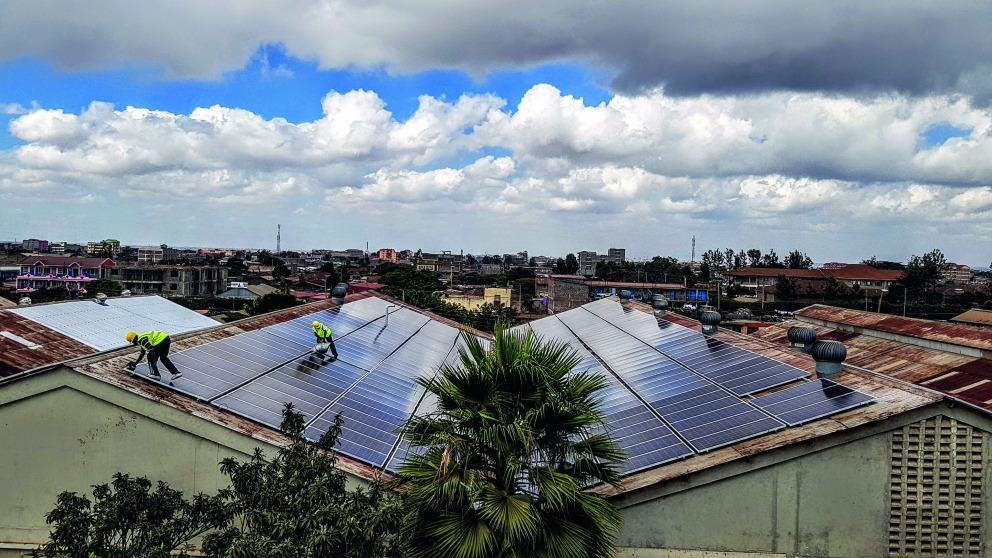Fostering a Sustainable and Secure Energy Supply for Kenya
11.12.2022
Kenya is a climate and renewable energy frontrunner in the sub-Saharan region. The country is committed to decarbonisation and currently aims to reduce greenhouse gas emissions by 32% by 2030, relative to the business-as-usual scenario. A new IASS Policy Brief examines key policy options to expand Kenya’s renewable energy capacities and improve energy access and security.

Kenya has rapidly increased electrification access over the last decade thanks to a strong on- and off-grid renewable energy sector. Electricity from renewable sources covered 88 % of total domestic demand in 2020. The bulk of this is generated using geothermal energy, followed by hydro and wind power. These are complemented by a growing solar PV sector. Despite these significant achievements and the introduction of policies to foster renewables, the energy sector still faces significant challenges, including a lack of universal access, affordability issues and limitations in the transmission and distribution network. These circumstances result in a capacity surplus of generated electricity that cannot be absorbed by demand. Recent discoveries of oil and gas reserves risk derailing efforts to decarbonise the energy sector unless the Kenyan government strengthens its current course.
In the IASS Policy Brief “Fostering a sustainable and secure energy supply for Kenya”, the authors draw on the findings of two workshops with a range of Kenyan experts, organised in collaboration with the Konrad-Adenauer-Stiftung, Regional Programme Energy Security and Climate Change in Sub-Saharan Africa. They make three key recommendations:
1.) Improve the quality of the grid: Kenya should bolster its digitalisation efforts, support the adoption of new technologies, invest in research to reduce inefficiencies, foster regional integration to increase connectivity, and implement demand scheduling mechanisms to harness the advantages of different energy sources. These efforts should be flanked by an update of the national grid code.
2.) Liberalise the electricity market: The procurement process needs to remain competitive and based on least cost criteria. Net metering programmes and renewables auctions should be implemented in order to attract more players and investment. Improved regulations about public-private partnerships and power purchase agreements will be needed to remove bottlenecks for market entry and establish an equal playing field. These measures should be accompanied by open consultations to ensure public participation and improve the investment climate.
3.) Promote decentralised energy supply options: Decentralised renewable energy generation should be promoted to ensure that off-grid consumers can access affordable, reliable, and secure energy. Kenya should enhance sustainable financing structures and improve tax incentives for technology development and distribution of decentralised energy options. Capacity building efforts should target local communities, domestic companies, and government agencies to facilitate the maintenance and administration of off-grid systems and increase their sustainability.
Publication:
Apergi, M., Hermann, J., Eicke, L., Goldthau, A., Kurniawan, J., Schuch, E., Weko, S. (2022): Fostering a Sustainable and Secure Energy Supply for Kenya. - IASS Policy Brief, 2022, 7.
Contact

